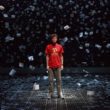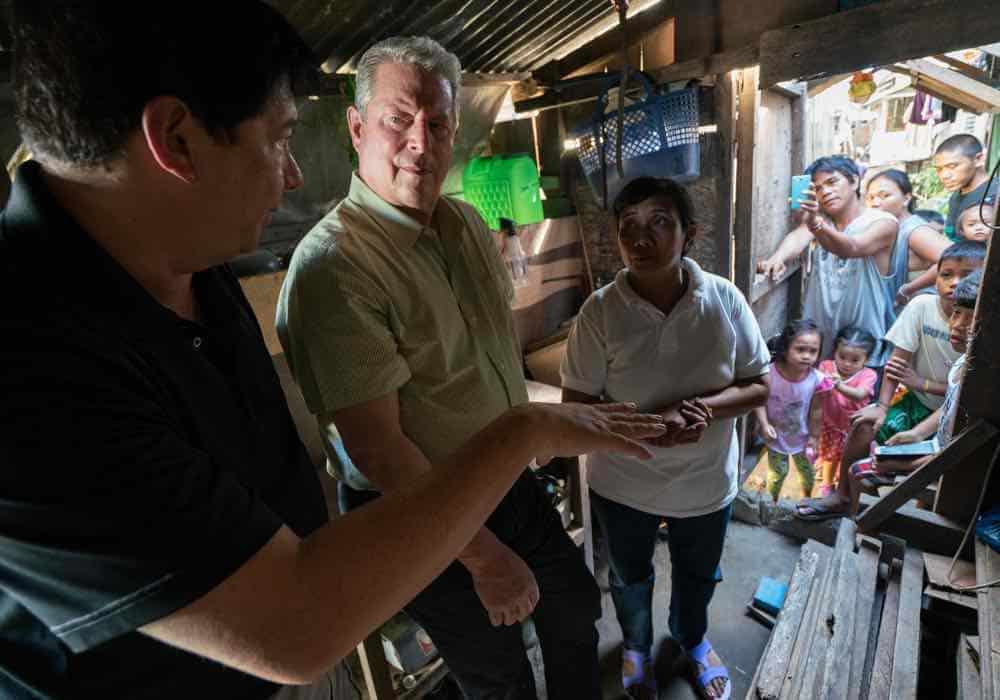The 37th San Francisco Jewish Film Festival interrogates the complexities of Jewish life and identity. Highlights include: Love Is Thicker Than Water, Moos, and Bombshell: The Hedy Lamarr Story.
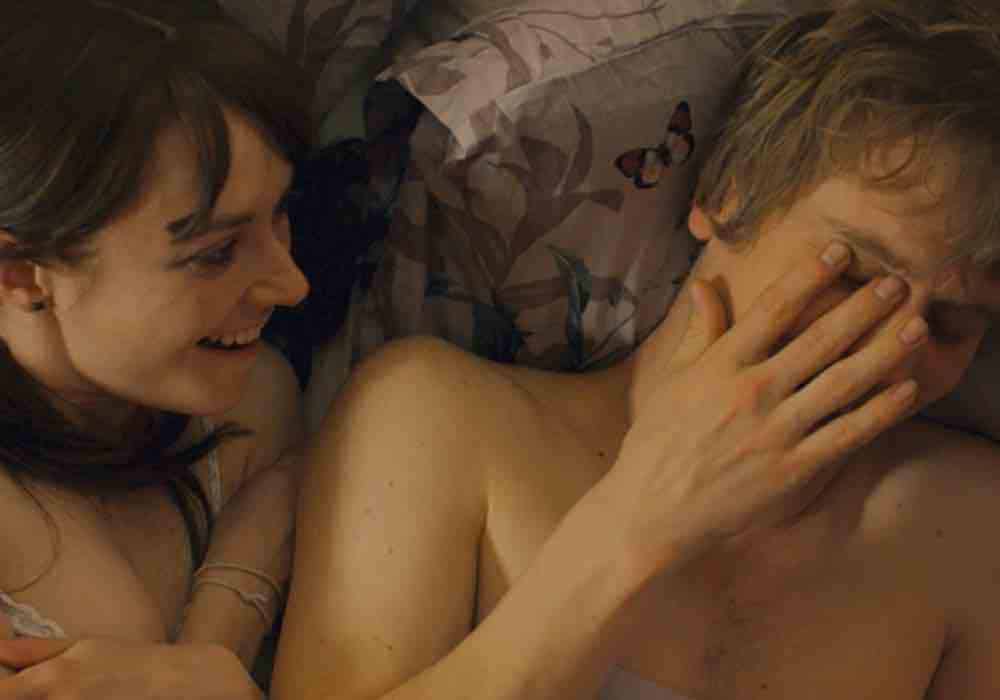
As the 37th San Francisco Jewish Film Festival is now in full swing, it’s an opportunity to once again reflect on what we mean when we talk about Jewish Cinema. The Jewish Film Institute that runs this three week celebration cites among its goals as recognizing the breadth of Jewish experiences, “exploring the complexities of Jewish life around the world”, and promoting an “evolving definition of what constitutes Jewish film and media”. Considering that there are over 100 Jewish Film Festivals around the world, it isn’t just the San Francisco community grappling with these questions.
The usual suspects at Jewish Film Festivals
The perennial entries in any Jewish Film Festival tend to include films about the holocaust and its aftermath (1945, Bye Bye Germany), the current state of Israel (Ben-Gurion, Epilogue), films by Jewish filmmakers (An Inconvenient Truth), and films about Jews. This year’s festival continues this tradition. But the two most exciting and innovative programming streams this year are Exodus: A Sidebar on The Refugee Experience and Women’s Directorial Debuts.
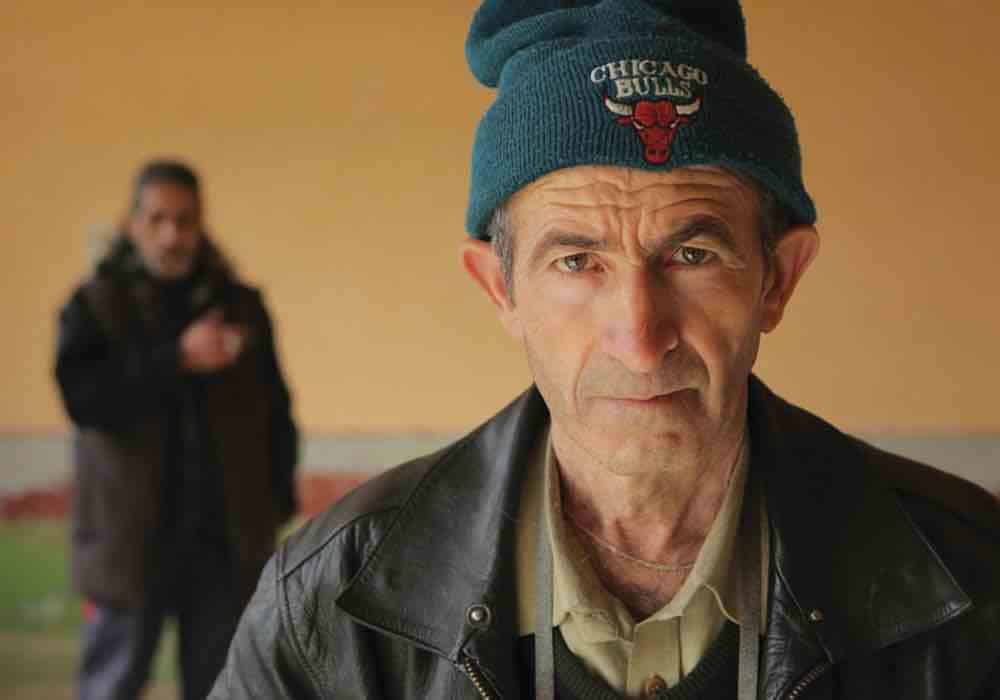
Exodus: Sidebar on the Refugee Experience: The Good Postman, Levinsky Park
British historian Simon Schama has described the Jewish experience as a “suitcase-ready culture”, always facing new threats of persecution and forever in diaspora. The Exodus sidebar takes this idea and seeks to find films that tackle the refugee experience more generally because the Jewish experience and modern refugee experiences share common ground. As a result, the films in this Sidebar on The Refugee Experience need not be by Jewish filmmakers or about Jewish people. The Good Postman, for example, a hit at IDFA and Sundance earlier this year, looks at how a small, dying Bulgarian village on the Turkish border chooses to welcome Syrian refugees as a town revitalization strategy. Meanwhile, Levinsky Park turns its lens back on the Jewish community and its empathy for refugees as a documentary about non-Jewish asylum seekers in Israel.
In Focus: Women’s Directorial Debuts: In Between, Personal Affairs
In Focus: Women’s Directorial Debuts offers a worthy platform for first-time female directors whose films deal with subjects tangential to the Jewish experience. As a counterpoint to the Exodus sidebar, In Between and Personal Affairs both tackle what it’s like for to live in Israel for non-Jews — the one place where Jews are not the outsiders. In Between follows three modern, twentysomething Palestinian women as they navigate life as an outsider in their city and their own less forward-thinking communities — including how the more open Israeli culture has influenced them. Personal Affairs, a highlight of last year’s Cannes Film Festival, explores the family dynamics of an Arabic Christian family in Nazareth. Keep the Change, the festival’s opening film, checks multiple boxes: it’s by a Jewish filmmaker about Jewish American characters.
Jewish celebrities who abandoned their Jewish Identity: Bombshell: The Hedy Lamarr Story
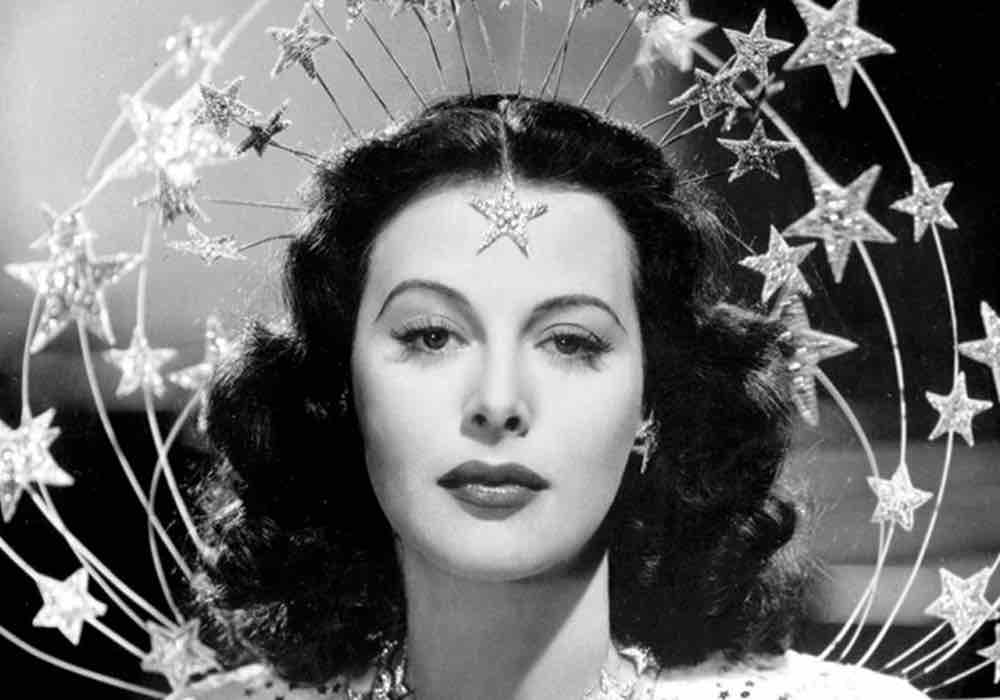
The Closing Night Film, Bombshell: The Hedy Lamarr Story, is also part of Women’s Directorial Debuts. It tells the previously untold story of actress Hedy Lamarr’s scientific and cultural trailblazing, but barely touches on Lamarr’s Jewish identity. The justification for this seems to be that Lamarr herself denied her Jewish roots as soon as she left Austria in the late 1930s. The film focuses on how the sexist society Hedy found herself in encouraged her to trade on her beauty rather than her brains, denying her the opportunity to explore her prodigious talents for invention: an early patent she developed, but never properly got credit for, formed the basis of many widespread radio wave technologies today like wifi. The result is a film largely divorced from the concept of Jewish Identity, which serves to celebrate a Jewish woman who didn’t want to be Jewish.
Sundance review: An Inconvenient Sequel never proves necessary
Jewish filmmakers: An Inconvenient Sequel
The festival’s most buzzed about showcase is an early screening of An Inconvenient Sequel, about former Vice President Al Gore’s work on climate change since An Inconvenient Truth. Gore and the filmmakers will be at the festival for a Q&A, and it was the first event to sell out, though small batches of tickets continue to be released. Programmed because the filmmakers Bonni Cohen and Jon Shenk are themselves Jewish, this is nevertheless the story of Al Gore’s personal journey, one I found disappointing in its treatment of climate change issues, back when it premiered at Sundance.
Orthodox Jewish Life and Menashe
A surprise hit with critics at the Sundance Film Festival earlier this year, Joshua Weinstein’s Menashe makes its Bay Area Premiere at the festival. It’s one of two films at the festival to address modern Orthodox Jewish life. Menashe is an authentic look at grief and masculinity in New York’s ultra-Orthodox Hasidic Jewish community. The rare film to actually cast current, practicing Hasidic Jews in the film — many of whom have never even seen a film let alone considered acting — gives the film its particularly sensitive outlook on Orthodox life. It also helps that it focuses on the constraints and joys of men in the community rather than the more restrictive lives of women, which films like Felix and Meira chafed against. It will be hitting cinemas in August, but is worth catching at the festival for the chance to see director Weinstein in person and find out more about he adapted his expertise from documentary filmmaking to make his first narrative feature.
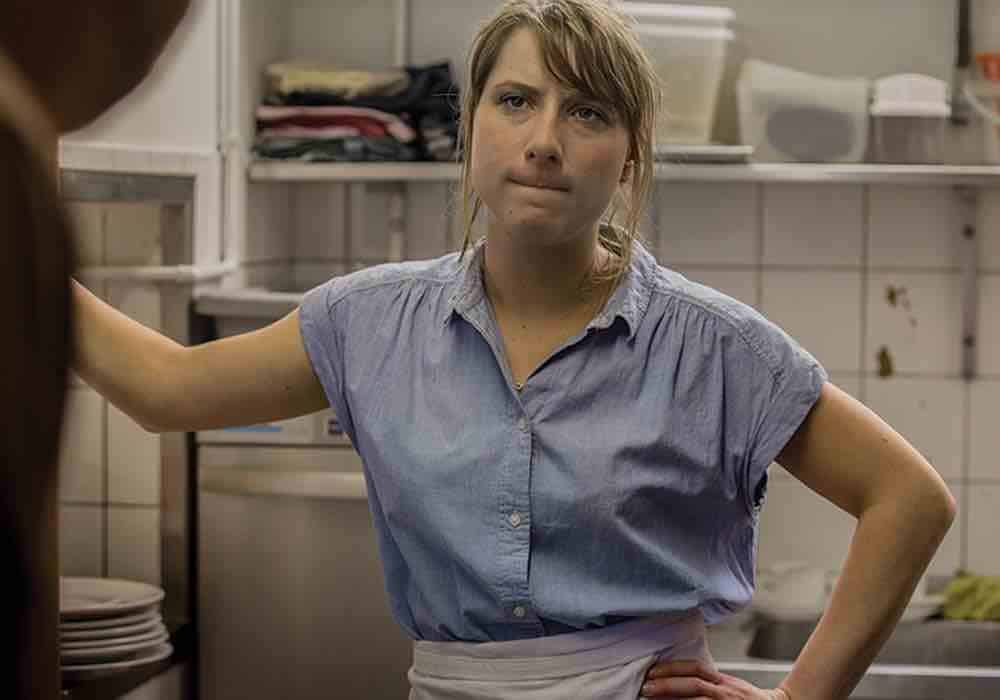
Exploring the links between romance, family, and culture in Moos and Love Is Thicker Than Water
Unsurprisingly, two romantic dramas that actually engaged with their protagonists’ relationships with their family and culture — Moos (Netherlands) and Love is Thicker Than Water (U.K.) — were highlights. Set in Amsterdam’s Jewish community, Moos is a coming-of-age story about twentysomething Moos who put her life on hold for years in order to take care of her father. When her childhood best friend — and we intuit, from their first reunion, future paramour — returns after 15 years in Israel, it’s the jolt she needs to put herself first and go after her dream to be an actress. As she stumbles to find her footing, the film turns into a story about merging and changing families: her father starts romancing a single mother, and Moos must figure out how to accept this woman and her son into their fold without losing herself. Moos’ family ties are strong, so celebrations of Hanukkah, circumcision, and Bar Mitzvahs loom large as key milestones and events in the story.
Inaccurately described as a modern Romeo & Juliet — the families clash but don’t war and the lovers don’t die — Love is Thicker Than Water is about the challenges of merging Vida’s (Lydia Wilson) upper middle class London Jewish family with her paramour Arthur’s (Johnny Flynn) working class rural gentile family. The conflicts are as much class-based as they are religious, and both lovers have to deal with the prejudices of both families. Featuring an all-star supporting cast, including Juliet Stevenson, Henry Goodman, and Ellie Kendrick, it’s a surprisingly moving film that finds universal themes in its insistence on adhering to the very specific Jewish experience of its somewhat spoiled central character, Vida.
No Jewish Film Festival is complete without a few films about Famous Jews and their contributions. This year features a documentary about Sigmund Freud’s continued influence on psychiatric practice, More Alive Than Dead; a biopic about Karl Marx from I Am Not Your Negro director Raoul Peck, straight from the Berlin Film Festival; and House of Z, a documentary from first-time female director Sandy Chronopoulos about fashion designer Zac Posen.
